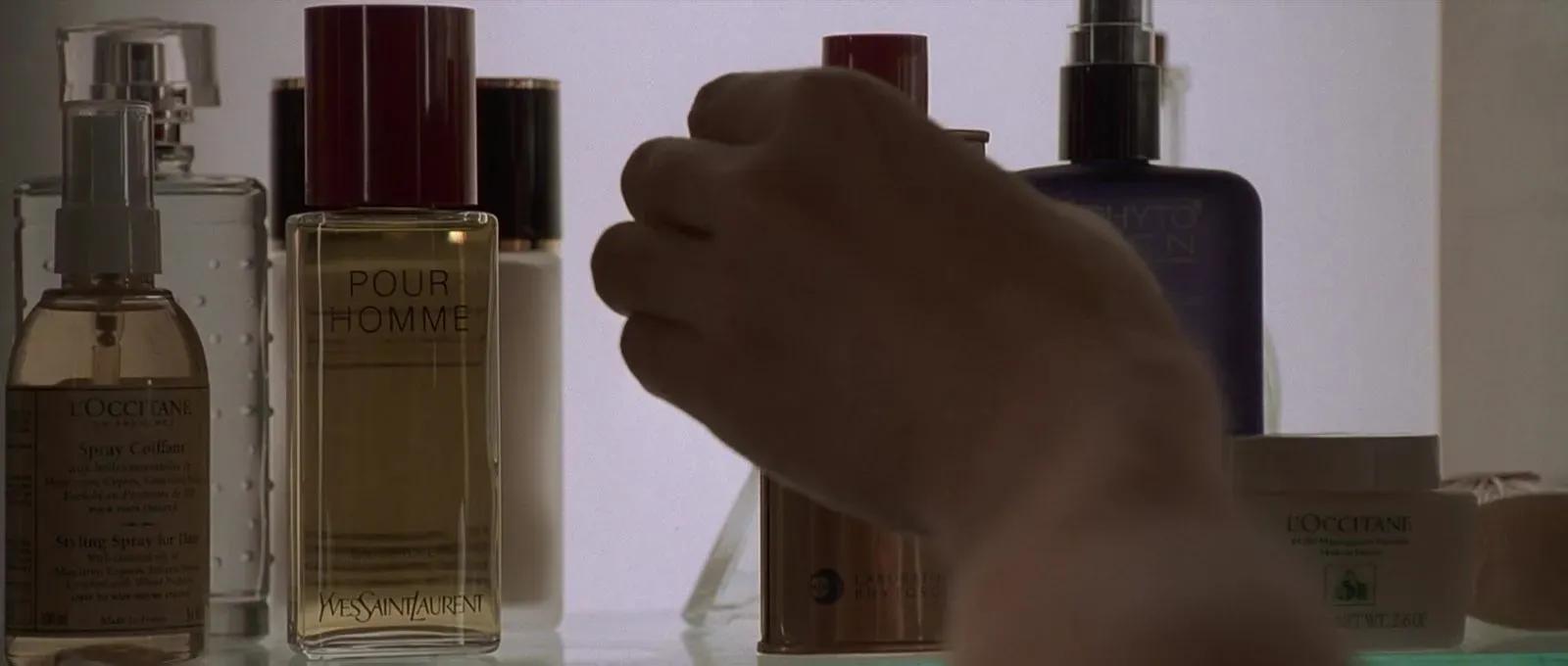
The secret itself is much more beautiful than its revelation, at least in the case of perfume. A mysterious aura and pleasant aroma emanate from glamorous glass bottles whose contents we spray on our necks, but also a secret halo of contradiction and complexity. If we investigate the composition of the most refined perfumes in the world throughout history, we will not only find flowers of radiant colors and delicious fragrances but also traces of not-so-pleasant chemical compounds that act as fixatives and preservatives of the aromatic substance, making it more durable.
No advertising in black and white with supermodels dragging the dress on the floor would dare to clarify that part of the composition of the advertised perfume includes bile, feces, and oils from wild animals (or their synthetic imitations). Unpleasant odors, dissolved in alcohol, constitute the necessary ingredient of any perfume that aims to last on its owner's sprayed neck, and thus, we find ourselves facing the enigmatic secret of any perfumer: the attraction of a fragrance lies in the tension between the repugnant and the pleasant, the horrible and the beautiful. After all, can these qualifiers exclude each other?
As contradictory as the components of perfume is Persephone, queen of the underworld in Greek mythology and, in turn, a maiden made of flowers. An ancient myth tells that the young girl, daughter of Zeus and Demeter, was kidnapped by Hades and taken to the underworld after being seduced with a perfume of narcissus. The matter was that, despite being promptly rescued and returning home with her parents, Persephone had tasted some seeds from the underworld that made her return to this place for some months, thus creating the seasons of the year (autumn-winter when she was in the underworld, spring-summer when she returned to Olympus). And as contradictory as it sounds to live here and there in opposite poles, it is that contradiction that makes Persephone who she is: despite her captivity, she continues to be the goddess of living flowers, thus accounting for the necessary and inevitable interconnection between life and death, an unbreakable bond that marks the eternal cycle of nature.
The abduction of Proserpina (Persephone) - Rubens Pedro Pablo 1636
Often, in Greek tragedies, Persephone is portrayed with a floral perfume, which serves as a constant reminder of her role as the goddess of spring and queen of the underworld. It is impossible, then, to think about the issue of perfume outside its intrinsic duality: a delicious and lively aroma is immersed in an eternal bond with its limited duration, with an eventual death of the fragrance escaping from our noses, just as Persephone did when returning to the underworld. A perfume that lives and dies, and that is in turn made of life and also of death. After all, perhaps that is why the maiden was known as "the one who brings death".
Let's go back to the beginning: the perfume contains unpleasant ingredients that act as fixatives to make it more durable. Although nowadays most fragrances do not contain whale bile or deer and civet secretions as they did not long ago, synthetic imitations are still used to make the perfume last, at least a few extra moments. And thus, the mysterious and sensual atmosphere we spoke of is configured, an invisible perfume but not unnoticed; ephemeral, but not absent. Merleau-Ponty, a French phenomenologist, invented a concept that fits perfectly for those moments when we find ourselves trapped in metaphysical dualisms: "chiasmus," a notion that disarticulates the rigid distinctions between opposites (inside or outside, own or other, among other examples), to think in simultaneous expressions and crossroads. In this case, our perfumed chiasmus would turn out to be one pleasant component and another unpleasant one revolving around each other, the living and the dead revolving around each other, all the contradictions that perfumes and their ancient myths propose revolving around each other. Everything continuous, everything inseparable.
What is the funniest thing about all this? No matter how much we analyze it, we have no words to describe a perfume. We really don't have them and the few that attempt to do so barely suffice. Is it penetrating? Tasteless? Floral? Is it aromatic? Yes, of course we can classify a fragrance, but can we describe it in its entirety? Language seems inadequate to us in the face of the immeasurable nature of a perfume (and ultimately, of the universe). In any case, and giving the Proustian phenomenon the importance it deserves in this perfumed writing, we could say that we cannot evoke words, but we can evoke experiences (the perfume always smells of memory and is always at the service of our poetic memory).
How to prolong the duration of a perfume? By accepting its mystery. Most of the time we underestimate the power of our sense of smell, but we cannot deny that the contradictory aroma of perfume is a component, among many, of the ecosystem we inevitably interact with. We find ourselves thrown into a scented world of mystery and paradox, and only by integrating this paradoxical fragrance, intoxicated with repugnance and beauty at the same time, can we appreciate the complete landscape of that which we so frequently and casually call "world". Perhaps, if we want to know something in its entirety, we must accept its mystery: there is death in life and disgust in pleasure, there is permanence in the ephemeral and absence in presence. There are components that remain there, mysterious and elusive, to make perfume what it is. There are secrets that remain secrets because otherwise, they lose their allure.
"Forgotten the alphabet of smell that crafted so many words of a precious lexicon, perfumes will remain without words, inarticulate, unreadable” (Italo Calvino).




Comments